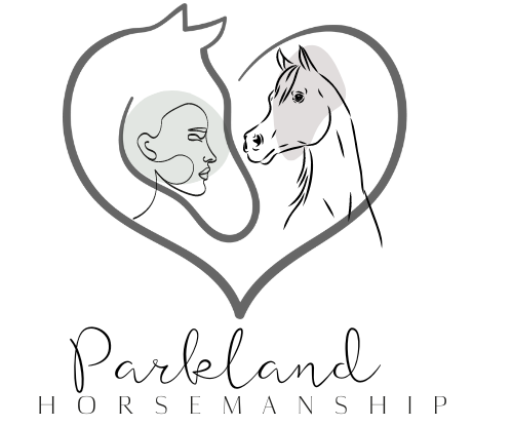Equine therapy is a nonverbal therapeutic intervention that connects clients to horses. This process provides them with the chance to build positive emotional health and communication skills while connecting to these amazing creatures.
Working with horses requires mindfulness and can teach clients to live in the moment. Horses serve as emotional mirrors that instantly respond to changes in mood, providing real-time feedback.
1. Boosts Self-Confidence
Addiction recovery depends on fostering feelings of accomplishment and self-worth. Caring for horses helps participants develop positive self-images, set healthy goals, and reach them successfully. Many individuals who suffer from addiction experience low self-esteem due to feelings that they don’t belong in society; as a result, destructive coping behaviors like drugs and alcohol become the only options available to them for relief.
Equine therapy can enhance an addiction treatment program by building client’s self-esteem through increased productivity and consistency in their daily routine. Equine care requires constant attention from clients; their daily needs force them to learn responsibility while developing strong work ethics.
Horses’ nonjudgmental nature makes them an effective tool for creating a sense of belonging and strengthening interpersonal relationships. A typical equine therapy session typically includes grooming, feeding, leading and riding the horse under guidance by an equine therapist; clients typically groom, feed, lead and ride it during this hands-on approach to recovery treatment plans by cultivating trust, communication and emotional regulation skills.
2. Builds Interpersonal Relationships
As someone struggling with substance use disorder (SUD), their relationships can often suffer as a result. Therefore, it’s crucial that during recovery efforts they work on building up interpersonal skills – one way of doing this could be equine therapy.
Horses are natural herd animals, offering immediate reflection of emotions and energy for improved understanding. Horses also promote greater self-awareness and emotional regulation for individuals.
Working with horses encourages responsibility and accountability as clients learn how to care for and ensure the wellbeing of their horses. Working with horses also teaches clients about consistency and follow-through – two values essential in building positive relationships with others.
Equine therapy offers people the chance to feel an enormous sense of achievement and accomplishment, which can help build self-esteem and aid them in their efforts to overcome addiction. People can focus on caring for and bonding with their horse during therapy sessions while feeling pride for all that has been achieved during this process.
3. Enhances Emotional Awareness
Addiction robs individuals of both their self-respect and ability to form meaningful relationships. Finding an addiction recovery program is an essential first step, but they also must learn how to form healthy and supportive relationships in order to thrive during recovery.
Working with horses helps clients connect more closely to their bodies and emotions by providing a means for emotional regulation. Horses are prey animals who respond immediately to changes in their environment by mirroring emotion from their handler, providing clients with immediate feedback as to whether their behavior matches up with what their emotions indicate; this provides clients with immediate feedback on whether they are being congruent with their body language and feelings – an essential skill needed in recovery.
Tasks performed to care for horses provide clients with a sense of responsibility and accomplishment that can provide a boost to self-esteem, helping maintain sobriety while on their journey toward recovery. This is particularly true when participating in group sessions where they work alongside other patients and therapists.
4. Helps With Anxiety
An essential component of addiction recovery lies in addressing any emotional pain that lies underneath substance use and abuse. Equine therapy sessions allow individuals to become aware of this discomfort and learn healthier methods of coping with it.
Interacting with horses encourages the development of communication, trust and relationship-building skills that will ultimately translate to stronger interpersonal relations in the future, essential for long-term recovery success.
Due to their natural herd instincts, horses intuitively respond to human feelings and body language. If someone becomes nervous around a horse, its response might include becoming aggressive itself – acting as a mirror for how an individual handles his or her impulses and behavior.
People typically begin equine therapy by petting and grooming horses, gradually progressing to more complex activities such as leading and riding them. These exercises help improve physical coordination as well as mental clarity – potentially alleviating anxiety.

